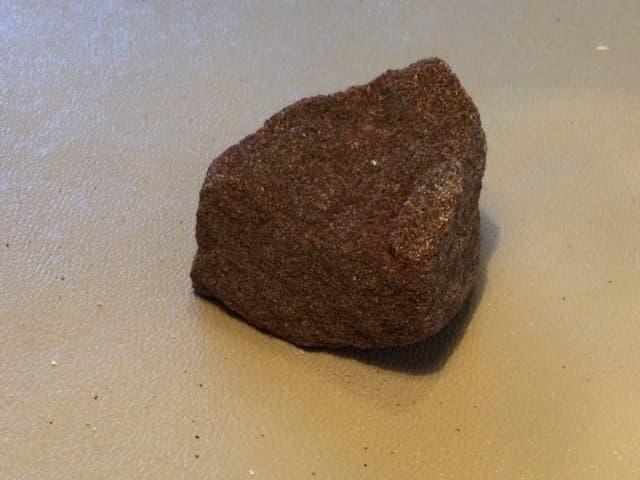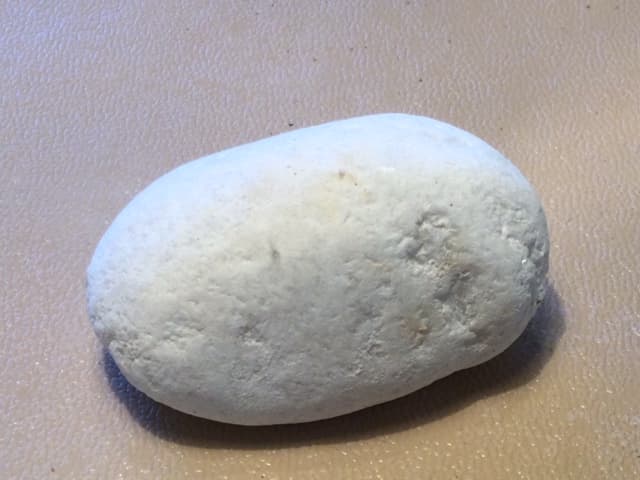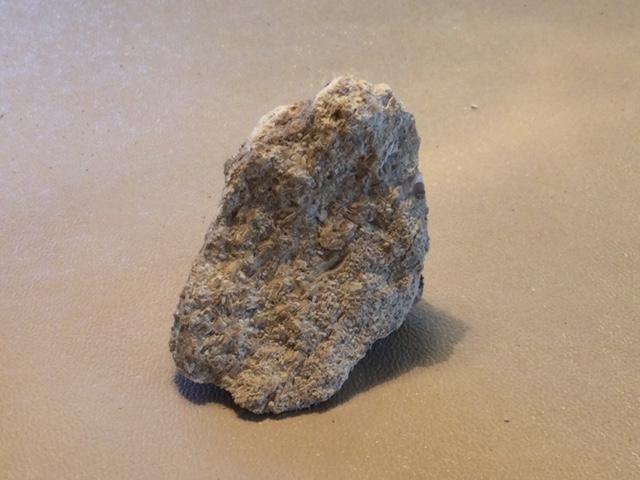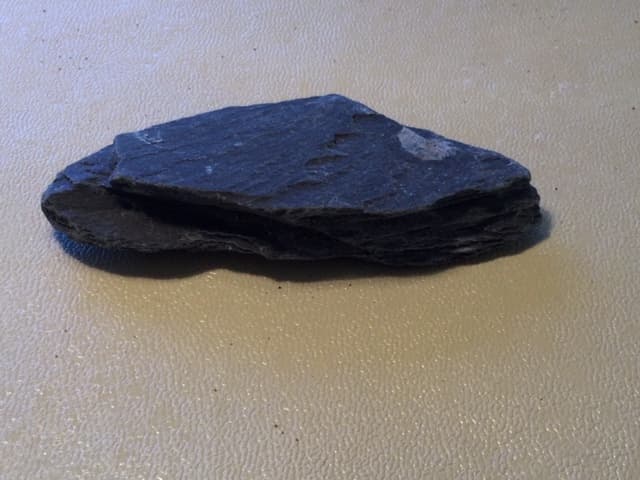Myths about teaching can hold you back
- Year 3
Mohs' scale of hardness (non-statutory)
I can learn more about the hardness of rocks from the work of important scientists.
- Year 3
Mohs' scale of hardness (non-statutory)
I can learn more about the hardness of rocks from the work of important scientists.
These resources will be removed by end of Summer Term 2025.
Switch to our new teaching resources now - designed by teachers and leading subject experts, and tested in classrooms.
These resources were created for remote use during the pandemic and are not designed for classroom teaching.
Lesson details
Key learning points
- A geologist is a type of scientist that studies what the Earth is made of. They help us to understand more about rocks.
- Scientists from the past, today and in the future help us to learn more about the properties and uses of rocks.
- The results from a scientific investigation can be compared to other investigations that have already been carried out.
Keywords
Rock - Rock is a solid material that occurs naturally in Earth.
Geologist - A geologist is someone who studies what the Earth is made of.
Hardness - Hardness is the quality of being difficult to bend, cut or break.
Mineral - A mineral occurs naturally and can be dug out of the ground.
Scale - A scale is a set of numbers or amounts, used to measure or compare the level of something.
Common misconception
Children may use a range of observational methods to assess hardness, e.g. “heaviness” of the object, and if it breaks on impact (test for brittleness), neither of which are a test for hardness.
Be aware of using the correct vocabulary around testing for hardness. Explain that hardness is the ability to withstand pressure.
To help you plan your year 3 science lesson on: Mohs' scale of hardness (non-statutory), download all teaching resources for free and adapt to suit your pupils' needs...
To help you plan your year 3 science lesson on: Mohs' scale of hardness (non-statutory), download all teaching resources for free and adapt to suit your pupils' needs.
The starter quiz will activate and check your pupils' prior knowledge, with versions available both with and without answers in PDF format.
We use learning cycles to break down learning into key concepts or ideas linked to the learning outcome. Each learning cycle features explanations with checks for understanding and practice tasks with feedback. All of this is found in our slide decks, ready for you to download and edit. The practice tasks are also available as printable worksheets and some lessons have additional materials with extra material you might need for teaching the lesson.
The assessment exit quiz will test your pupils' understanding of the key learning points.
Our video is a tool for planning, showing how other teachers might teach the lesson, offering helpful tips, modelled explanations and inspiration for your own delivery in the classroom. Plus, you can set it as homework or revision for pupils and keep their learning on track by sharing an online pupil version of this lesson.
Explore more key stage 2 science lessons from the Rocks and soils unit, dive into the full primary science curriculum, or learn more about lesson planning.

Equipment
See additional resources.
Content guidance
- Risk assessment required - equipment
- Exploration of objects
Supervision
Adult supervision required
Licence
Prior knowledge starter quiz
6 Questions
Q1.The physical properties of a material are things we can or measure.
Q2.Which of these are physical properties of materials?
Q3.Which of these are types of rock?
Q4.If you scratched a rock with a nail you would be testing for ...
Q5.Which of these rocks do you think was used to make this statue?





Q6.Which of these physical properties could you use to group types of rock?
Assessment exit quiz
6 Questions
Q1.A geologist is a type of scientist who studies what is made of.
Q2.Geologists from the past, today and in the future help us to learn more about the __________ of rocks.
Q3.Which scientist from the past helped us to learn about the physical properties of rocks through their investigations?
Q4.Friedrich Mohs created the Mohs' scale to measure and compare the of types of rock.
Q5.It is useful to __________ results of an investigation with one that has already been carried out.
Q6.Match the rock types to their potential uses based on their properties using Mohs' scale of hardness.
drawing with
covering roofs and floors
cutting hard materials like glass


